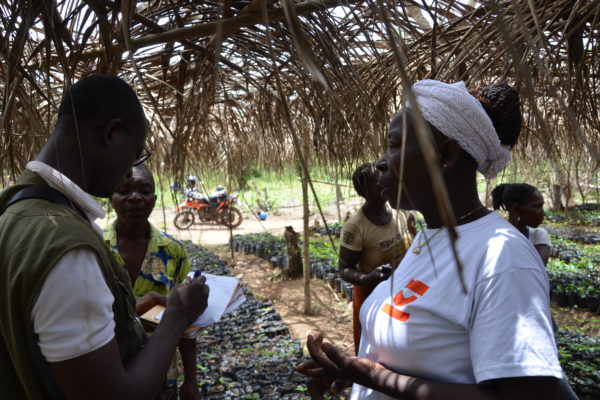The palm oil industry in Malaysia relies heavily on migrant labour, which makes up 70 percent of the plantation workforce. Even with the influx of migrant workers, the industry faces labour shortages – which have been reported as one of the main challenges in Malaysia.
Linked to this is the issue of workers absconding, which is expensive for companies because of the cost of recruiting and training new workers. In an effort to keep their workforce, some companies resort to unfair labour practices; which in cases, are indicators of forced and bonded labour.
Due to this, we saw the need to raise awareness among employers in the palm sector on what kinds of good practices create a good place of work. Such good practices can encourage workers to stay on in a company, while also helping employers avoid the risk of forced labour and human trafficking.
This film is a case study of an oil palm plantation in Sabah, Malaysia that found positive ways to retain its foreign workers. Through our Respect programme, we build solutions in collaboration with such sites, train workers and supervisors, and review processes to change practices for the better.


